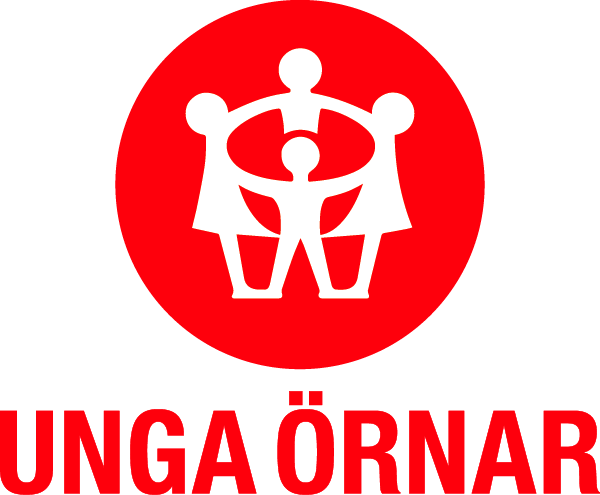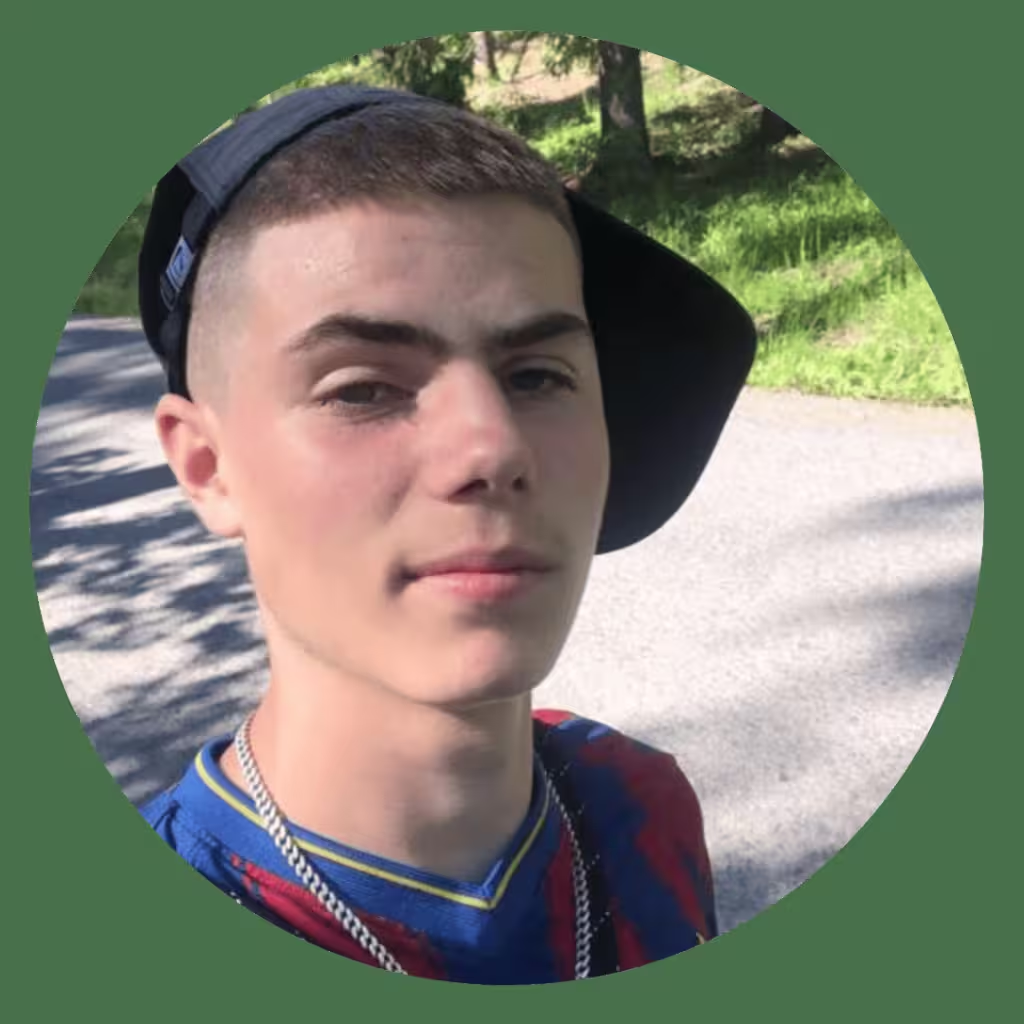Vi tror på jämlikhet! demokrati! solidaritet! barnen! unga!
Unga Örnar grundandes i november 1931. Under åren har Unga Örnar skapat gemenskap, drivit verksamhet och fört politik för att förbättra barns liv, nationellt och internationellt. Unga Örnar är en folkrörelse med barn i fokus, där solidaritet, jämlikhet och demokrati är ledord! Vi är arbetarrörelsens barn och ungsomorganisation.
Här kan du utforska och bidra med delar av Unga Örnars långa historia, läsa reportage om örnar och se vad barn i vår organisation tänker om vad som skulle hända om barn fick bestämma mer i världen.
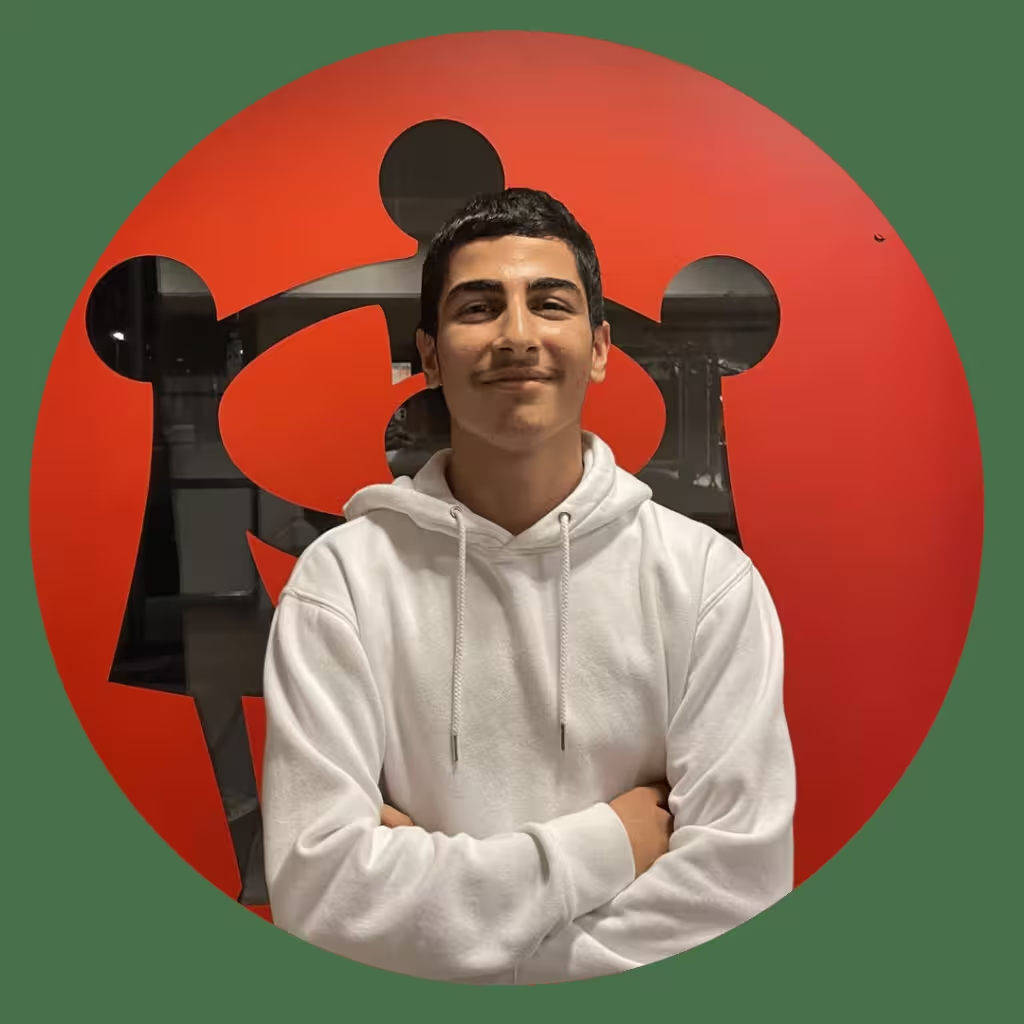
Ali Jundi
Ung Örn sedan 2015
Läs om Ali och hans politiska engagemang och viljan att förändra istället för att klaga.

Fredrik Lundh Sammeli
Ung Örn sedan 1988
Läs Fredrik Lundh Sammelis inspirerande ord om att orka när det är tufft..
Unga Örnar grundas! Socialdemokratiska ungdomsförbundet ville kunna skapa aktiviteter för ungdomar mellan 12 och 15 år, och efter en tids planering utsågs Unga Örnars första ledning den 7 november 1931. Unga Örnars rötter finns i sagostundsrörelsen, som hade aktiviteter för arbetarnas barn. Tanken var att göra ett demokratiskt fostringsarbete för ungdomarna, där man kunde stärka kreativitet och självständigt tänkande. Unga Örnars symbol blev en flygande örn, som stod för frihet.
Unga Örnar bryter sig loss från SSU och blir ett eget riksförbund.
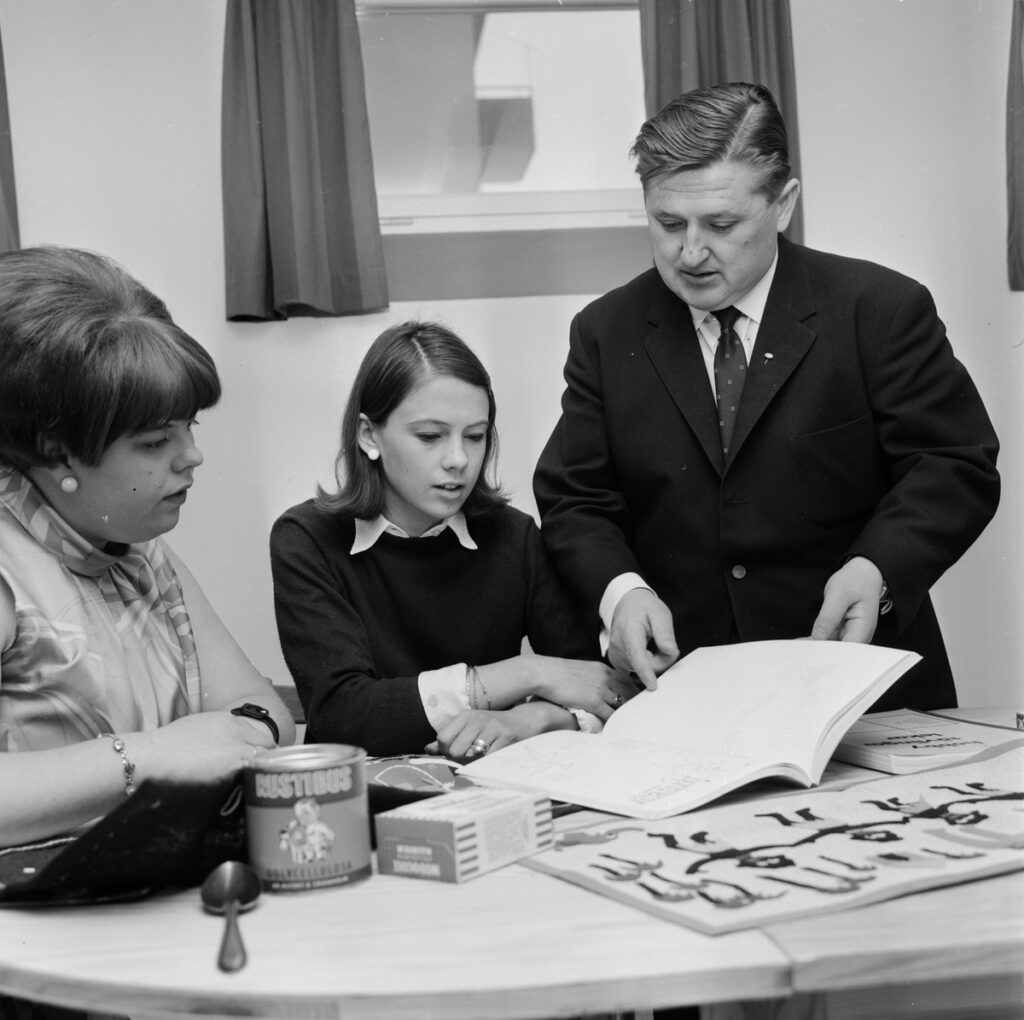
Unga Örnar har ett starkt samarbete med ABF. När Unga Örnar skulle stå på egna ben fick vi ganska snart en inspektor från ABF – och vi hade en sådan fram till 1954. Sedan 1937 är vi medlemmar i ABF. Sedan 1957 finns en representant från ABF i Unga Örnars förbundsstyrelse. Örnarna hade tidigt studiecirkelverksamhet, där lärde man sig mer om bland annat sjukvård och föreningskunskap. Bilden kommer från Arbetarbladet Gävle.
Från och med 1938 var örnar välkomna från fem års ålder. Man delade upp medlemmarna i tre grupper: medlemmar i åldern 5–8 kallades solörnar, från 9–11 år örnungar och mellan 12 och 15 år unga örnar.
Från start och fram till 1960-talet brukade man ha på sig en ”örndräkt”, ett slags uniform, i verksamheten. Örndräkten bestod av en blå skjorta med en broderad örn, en röd snibb och en snodd som kunde vara grön, blå, röd eller vit beroende på bärarens ålder och funktion.
Unga Örnar hade en egen ”lag” som medlemmar skulle leva efter.
1. En ung örn är en god och trofast kamrat.
2. En ung örn är alltid villig och hjälpsam.
3. En ung örn har aktning för varje ärlig övertygelse, även om den står i strid med hans egen.
4. En ung örn följer alltid villigt den valda ledarens förordning.
5. En ung örn är modig och rådig.
6. En ung ör är sanningsenlig, pålitlig och punktlig.
7. En ung örn strävar efter renhet i tankar, ord och handlingar.
8. En ung örn ärt motståndare till alla rusgivande drycker.
9. En ung örn vårdar och härdar sin kropp.
10. En ung örn älskar och skyddar naturen.
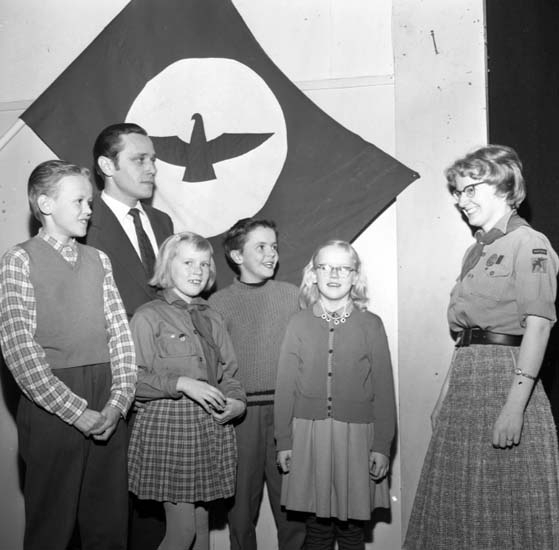
Under kongressen 1969 tog förbundet beslut om att ersätta örnsymbolen med den symbol vi har idag – Fyra barn i ring. Symbolen hade redan antagits av det internationella organiationen IFM-SEI.
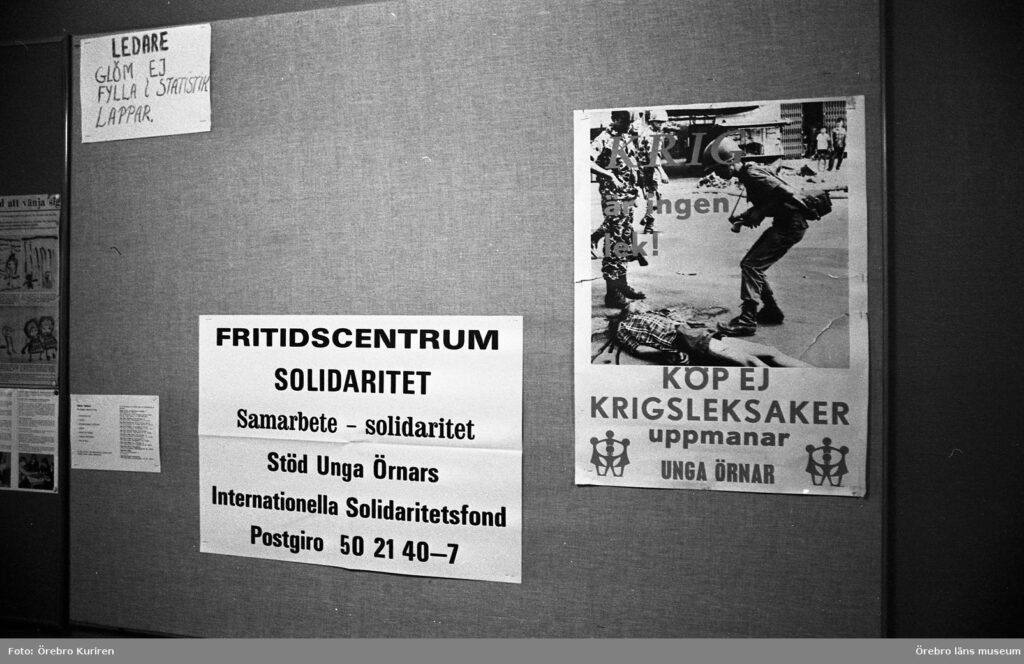
Unga Örnar har drivit olika frågor genom åren. På bilden syns ett exempel på en fråga från 70-talet, att man inte ska köpa krigsleksaker. Texten på affischen till höger lyder: ”KRIG är ingen lek! KÖP EJ KRIGSLEKSAKER uppmanar Unga Örnar.” Fotot taget av Örebro kurririen.
År 1991 arrangerade Unga Örnar och IFM-SEI ett “Världens läger” på Himmelstalundsfältet i Norrköping. Ungefär 9000 personer från 52 olika länder deltog i detta jätteläger!
Den 1 januari blev barnkonventionen äntligen svensk lag! Unga Örnar hade varit med och kämpat för den reformen länge.
Har du minne av något stort som hänt i Unga Örnar? Mejla oss och berätta så kan vi dela det med fler.

Barnens röst
I Unga Örnar tycker vi att det är viktigt att barn och unga har inflytande och är delaktiga i samhället och i demokratin. Vi har här samlat in några teckningar och idéer om hur samhället skulle se ut om barn och unga skulle få bestämma mer. Svaren kommer från barn i Unga Örnar Forsbacka och Unga Örnar Vivalla.
Detta är frågorna barnen har utgått från:
- Om du var statsminister för en dag – vad skulle du ändra på?
- Hur tror du att världen skulle se ut om barn och unga fick bestämma mer?
- Hur tror du att Sverige skulle se ut om barn och unga fick bestämma mer?
- Hur tror du att skolan skulle se ut om barn och unga fick bestämma mer?
- Hur tror du att ditt bostadsområde skulle se ut om barn och unga fick bestämma mer?
